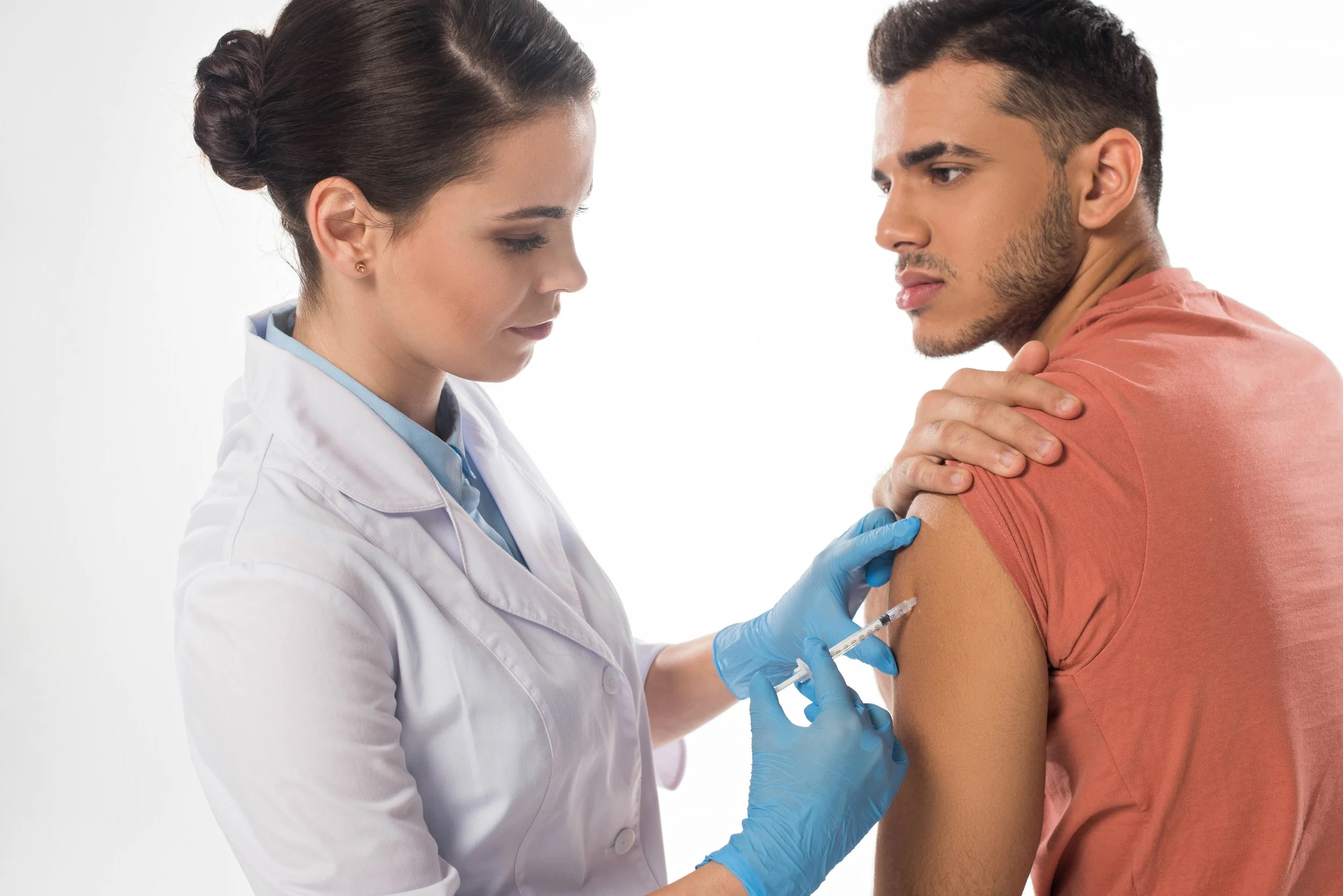Polio Vaccination Requirements for Immigration
The CDC recommends that all children receive the polio vaccine as part of their routine immunizations to protect against polio. In the United States, the inactivated polio vaccine (IPV) has been the standard since 2000 and is typically administered via injection in the leg or arm, depending on the child's age.
Children should receive four doses of the polio vaccine at 2 months, 4 months, 6–18 months, and 4–6 years. Adults in the U.S. are generally protected from polio through childhood vaccinations. However, if you're unvaccinated or haven't completed your vaccine series, you should finish your IPV series. Additionally, if you've had all your shots but are at higher risk of polio exposure, you may need a one-time booster.
Here's how it affects adults. If you're unsure about your childhood vaccination status, consult your doctor. They may recommend completing the IPV series to ensure you're protected. Adults at higher risk of polio exposure may now receive a one-time booster shot. This additional protection is particularly beneficial if you live in an area where the virus is still circulating.
Let's discuss what you might need to bring when getting your polio shot. Requirements vary depending on your location and vaccination history. Here are some general items to consider:
Proof of identity: This could be a birth certificate, hospital record, passport, driver's license, or state ID.
Immunization records: If you've had other vaccinations, bring those records with you.
Insurance information: Your insurance details can help with billing and coverage.
For travelers: Some countries have specific vaccination documentation requirements. Check with your travel agent or the embassy before departure.
If uninsured: Some clinics offer vaccinations at reduced costs or can help you find financial assistance.
Now, let's discuss polio titers. These blood tests measure your antibody levels against the poliovirus. While helpful, they're not a substitute for vaccination. Here's why:
They only measure antibodies for specific strains (types 1 and 3), while vaccinations protect against all strains.
They don't indicate how well your immune system responds to the vaccine.
They can be costly, potentially creating a barrier for some people.
Relying solely on polio titers may not provide sufficient protection against all poliovirus variants. Vaccination campaigns remain crucial for maintaining population-wide immunity and preventing outbreaks. While polio titers are informative, they don't replace the need for vaccination.
Here are some places where you can get vaccinated:
Local health department clinics
Your primary care physician's office
Pharmacies offering vaccinations
Community health centers
Schools or workplaces with vaccination clinics
Mobile vaccination units
Urgent care centers
Mass vaccination sites
Public health campaigns or outreach programs
If you're traveling abroad for family or work, you may need to get vaccinated. Dr. Julian Ungar-Sargon can help ensure you meet polio vaccination requirements. With extensive experience in immigration medical exams, Dr. Ungar-Sargon will review your vaccination history and administer a booster shot if necessary.
